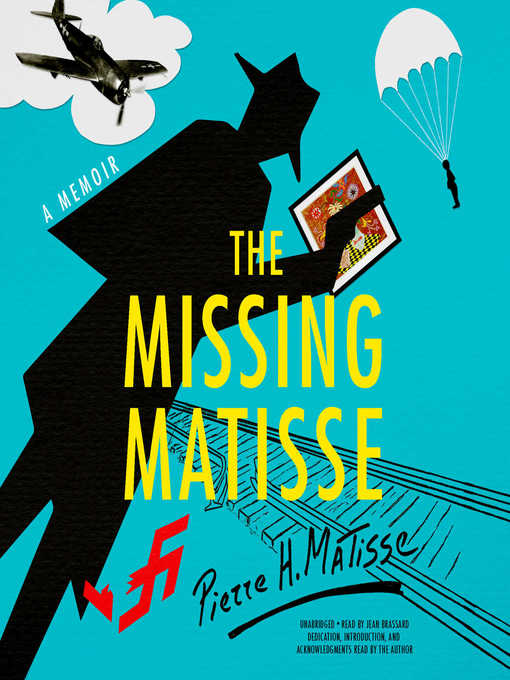
The Missing Matisse
کتاب های مرتبط
- اطلاعات
- نقد و بررسی
- دیدگاه کاربران
نقد و بررسی

September 12, 2016
Matisse, grandson of painter Henri Matisse and son of sculptor Jean Matisse, believes that “creating is a part of my spiritual DNA.” This debut memoir details his search for identity, which, in turn, produced a deeper yearning for spiritual connection. Shuttling between Paris and the French countryside for much of his childhood, he developed a love of photography and boats, and during World War II he carried messages and forged documents for the French Resistance. At age 12, Matisse was informed by his mother, Louise, that his name was legally Pierre Leroy. He sensed a shameful secret but didn’t learn the details until years later: while married to Camille Leroy, Louise had an affair with Jean Matisse—Pierre’s birth father. She and Camille divorced just after Pierre’s birth, but Camille bitterly insisted on keeping the boy linked to him. Recreated dialogue and present-tense narration enliven the high-action scenes of the war years, but the memoir’s final sections sprint through seven more decades, including emigration to North America, various careers, and four marriages. Matisse, now a retired painter and paper collagist based in Florida, came late to the Christian faith. His hunt for his
parentage, culminating in the decision
to reclaim the Matisse name in his 60s, nicely parallels his search for identity in Christ.

WWII is a source of limitless stories, and that is the case with artist Henri Matisse's grandson, the author of this memoir. Jean Brassard narrates Matisse's distinctive childhood experiences during the war in sing-songy French-accented English. Only minimally about art, this memoir recounts how war disrupts Pierre's idyllic life, which was peppered with encounters with his famous grandfather and family friend Pablo Picasso. With increasing intensity, Brassard recounts the transient, action-packed life of a family steeped in the French Resistance. Papa involves his precocious son, and as Pierre gets closer to the war, his childish adventures become those of an adult, and he endures starvation, illness, and separation from his family. Afterward, Pierre investigates family secrets and claims his identity. Pierre Henri Matisse himself opens and closes the narration, with his gravelly, thickly accented English providing authentic bookends for listeners. R.T. � AudioFile 2016, Portland, Maine

























دیدگاه کاربران